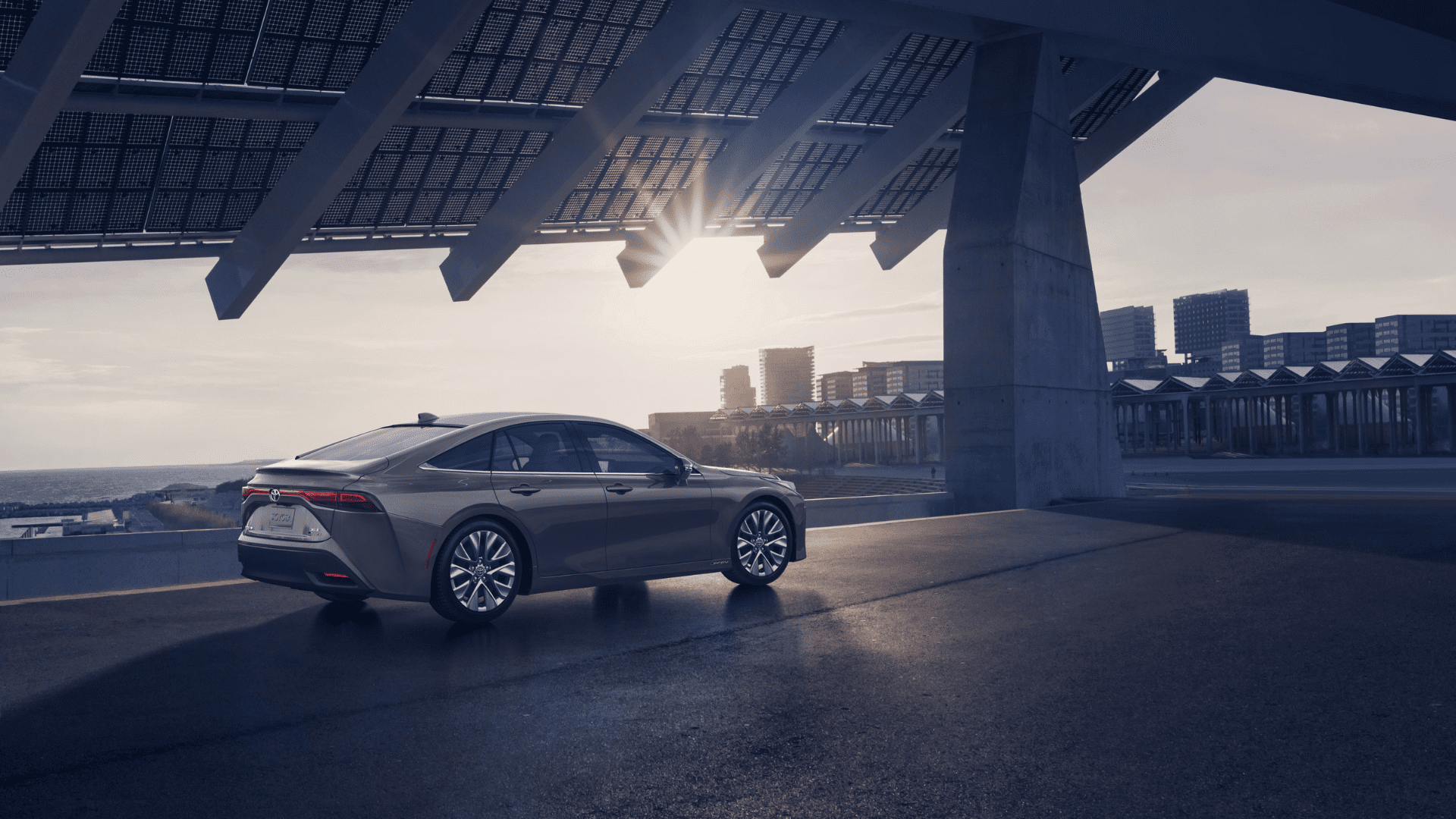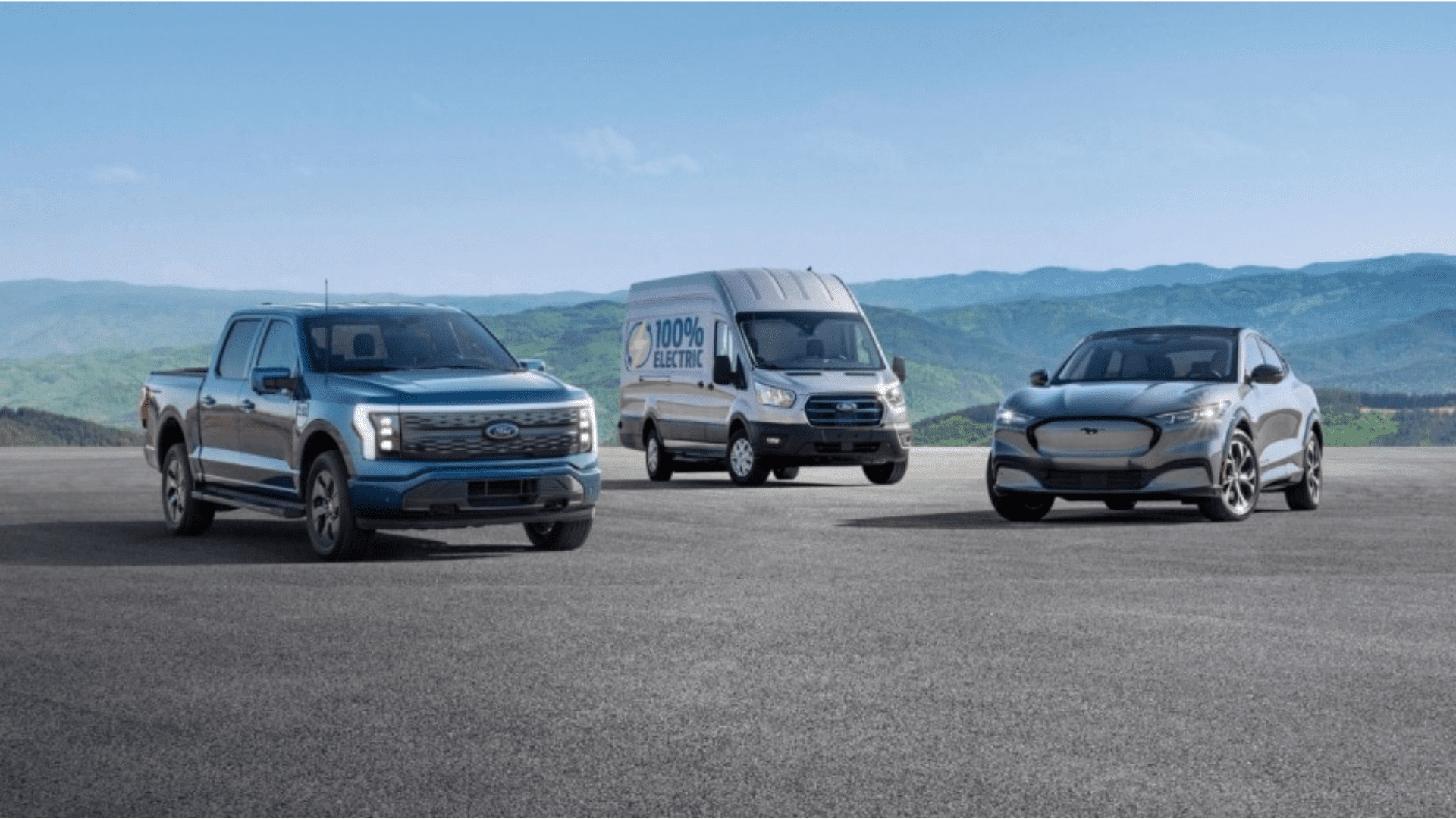Hyundai unveiled the all-new NEXO, a hydrogen-powered electric vehicle that runs on fuel-cell technology. The announcement follows the recent unveiling of Toyota’s Mirai.
Hyundai NEXO

Hyundai revealed the newest version of the NEXO at the 2025 Seoul Mobility Show in April. During the unveiling, Hyundai described all of the new features, including a more spacious cabin, a new distinctive fuel-cell electric vehicle (FCEV) exterior, and a stronger steel. However, the main focus is NEXO’s hydrogen capabilities.
The FCEV’s advancements are centered around the fuel cell system and power electronics (PE) system, which are “enhanced” to improve the performance. In addition, Hyundai focused on increasing the charging capabilities and range, without sacrificing the aforementioned spacious interior.
Furthermore, Hyundai’s all-electric range (AER) reportedly offers competitive fuel efficiency. The AER also offers an increased hydrogen tank capacity, setting a target for a 435-mile range from a five-minute charge.
Toyota Mirai

Prior to Hyundai unveiling the latest version of the NEXO, Toyota revealed the newest model of the Mirai. Also an FCEV, the Mirai is a “plug-less” electric vehicle that generates its own electricity from hydrogen. Toyota says water is the only tailpipe emission.
The Mirai’s fuel cell system combines stored hydrogen with oxygen from the air, producing an electric current and water through a chemical reaction. Instead of charging FCEVs or filling them with gasoline, drivers fill them with compressed hydrogen fuel, which is non-toxic.
Hyundai’s NEXO and Toyota’s Mirai are the latest versions of FCEVs powered by hydrogen. However, the two companies are not the only manufacturers implementing fuel cells. Honda and Mercedes-Benz both have FCEVs on the market.
The Future of Hydrogen Power
Despite the production of FCEVs, sales continue to be a speed bump. The Toyota Mirai struggled with sales in 2024, but the company is optimistic in 2025.
While hydrogen is a cleaner alternative, the price remains a major issue. In California, hydrogen fuel costs about $14 a pound, equating to about $175 per fill-up. The cost tends to fluctuate but ranges between $175 and $196 per fill-up.
The good news, however, is that experts predict that as hydrogen production and demand rise, the price of filling up with hydrogen fuel will go down.
Another issue with hydrogen is its availability. According to the Department of Energy, as of 2024, there were only 54 hydrogen fueling stations in the United States, with 53 in California and Hawaii.







